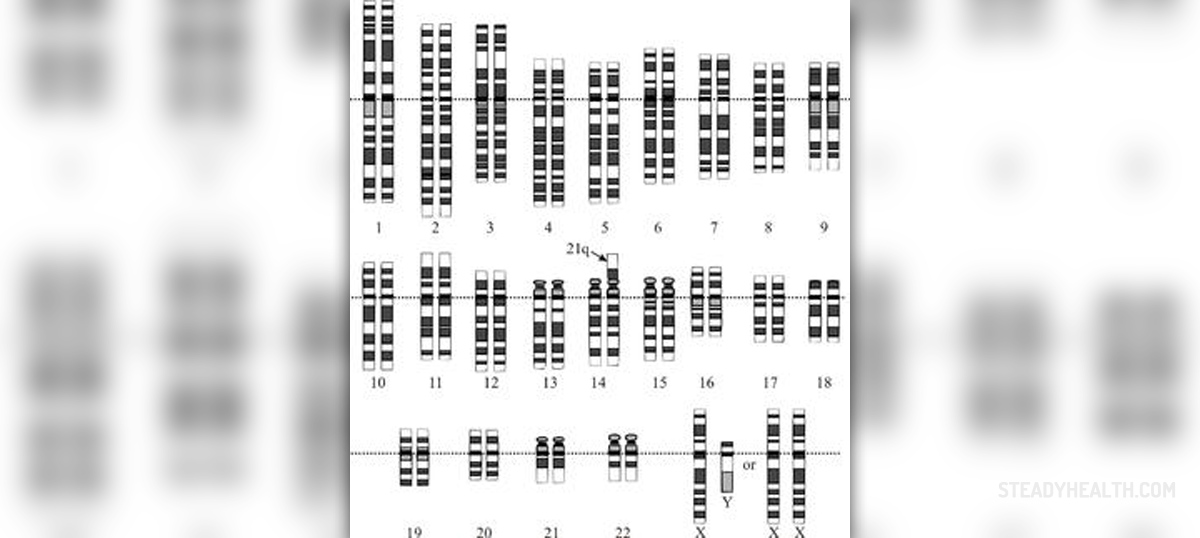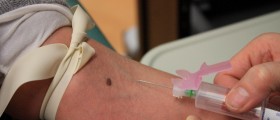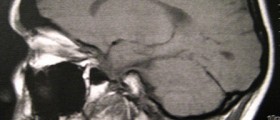
Each sperm contains 23 chromosomes, and each female egg contains the same number of these carriers of genetic information. Thus, when we are born healthy, each cell in our body has 46 chromosomes. However, if there is an extra chromosome located on the 21st one, due to some sort of genetic error, this will result in the development of a condition known as Down syndrome in the newborn. This chromosomal disorder will remain present in every cell in the body. Down syndrome is a common condition, affecting approximately one in every 700 newborns. This condition is also known as trisomy 21.
Signs of Down Syndrome
People who suffer from this syndrome are affected by it on the mental and physical plan. Basically, they may have specific facial features such as a prominent forehead, a flat nose, eyes which are slanted upwards and abnormal ears. Also, their palms may have just a single crease and their hands and legs may be smaller than normal, along with their fingers and toes. Speaking of toes, there is a gap between the big toe and the second toe in Down syndrome patients.
As for other health conditions commonly taking place hand-in-hand with Down syndrome, heart defects, hearing and vision impairment, digestive system problems and learning disabilities are the most frequently present ones.
People with Down syndrome usually live for up to 60 years. During this time, some of them might live productive lives on their own, being healthy, while others may need constant medical care and attention.
Screening for Down Syndrome
Due to complications which are connected with Down syndrome, many pregnant women undergo testing so that they can find out whether their children are affected by this condition. Since this kind of testing involves entering the uterus, miscarriage may be a side-effect. Also, the results of the testing may prove to be false, since it is not 100% accurate. Thus, two types of testing are commonly necessary for a successful diagnosis – ultrasound and blood testing.
If the tests give up to 1 in 300 chances of giving birth to a baby suffering from Down syndrome, you are told that you suffer from low-risk.
When inquiring about these tests, you should be offered one between 11 or 14 weeks of your pregnancy, involving an NT scan and the blood test. However, if the hospital you are in cannot provide these services, blood tests can be done later during pregnancy. The triple and quadruple tests can be done between the 14th and 20th week.

















Your thoughts on this
Loading...